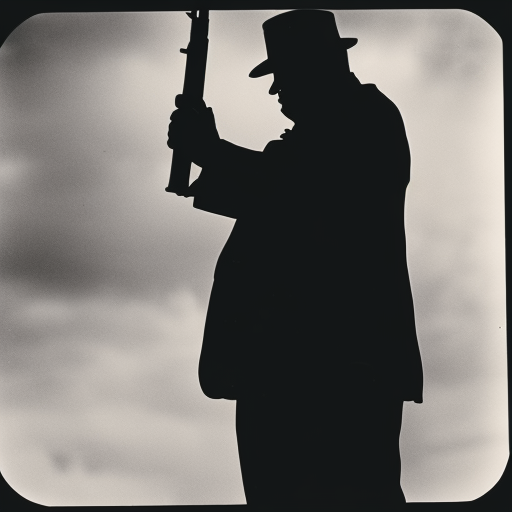Summary:
Winston Churchill was a British statesman, military leader, and writer who served as the Prime Minister of the United Kingdom from 1940 to 1945 and again from 1951 to 1955. He is best known for his leadership during World War II, his inspiring speeches, and his unwavering determination to defeat Nazi Germany. Churchill played a crucial role in shaping the outcome of the war and is widely regarded as one of the greatest wartime leaders in history.
Early Life and Political Career:
Winston Churchill was born on November 30, 1874, in Oxfordshire, England. He came from a prominent political family and had a privileged upbringing. Churchill served in the British Army and saw action in various conflicts, including the Second Boer War. He began his political career as a Conservative member of Parliament in 1900 and held various ministerial positions in the British government.
Leadership during World War II:
When World War II broke out in 1939, Churchill was appointed First Lord of the Admiralty. However, his strong opposition to appeasement and his vocal criticism of Prime Minister Neville Chamberlain’s policies led to his political isolation. Nevertheless, when Chamberlain resigned in 1940, Churchill was chosen as his successor.
As Prime Minister, Churchill rallied the British people with his powerful speeches and resolute determination to fight against the Axis powers. He formed a coalition government and worked closely with Allied leaders, including U.S. President Franklin D. Roosevelt and Soviet Premier Joseph Stalin, to coordinate the war effort. Churchill’s leadership was instrumental in maintaining British morale during the darkest days of the war, particularly during the Battle of Britain when the country faced intense German bombing.
Key Events and Contributions:
- Battle of Britain: Churchill’s leadership during the Battle of Britain in 1940 was crucial in preventing a German invasion of Britain. His famous speech, “We shall fight on the beaches,” inspired the British people to resist the enemy.
- Atlantic Charter: In 1941, Churchill and Roosevelt met aboard the HMS Prince of Wales and issued the Atlantic Charter, which outlined the Allies’ goals for the post-war world.
- D-Day: Churchill played a vital role in planning and executing the Allied invasion of Normandy on June 6, 1944. This operation marked a turning point in the war and eventually led to the liberation of Western Europe.
- Yalta Conference: In 1945, Churchill, Roosevelt, and Stalin met in Yalta to discuss the post-war reorganization of Europe. The conference laid the groundwork for the United Nations and shaped the division of Europe into spheres of influence.
Legacy:
After the war, Churchill’s Conservative Party lost the general election in 1945, and he became the Leader of the Opposition. However, he was re-elected as Prime Minister in 1951 and served until 1955. Churchill’s leadership and his role in defeating Nazi Germany earned him international acclaim and the Nobel Prize in Literature in 1953.
Churchill’s speeches and writings continue to inspire people around the world. His famous quote, “Never give in, never, never, never,” embodies his indomitable spirit and determination. Winston Churchill passed away on January 24, 1965, but his legacy as a great leader and statesman lives on.












